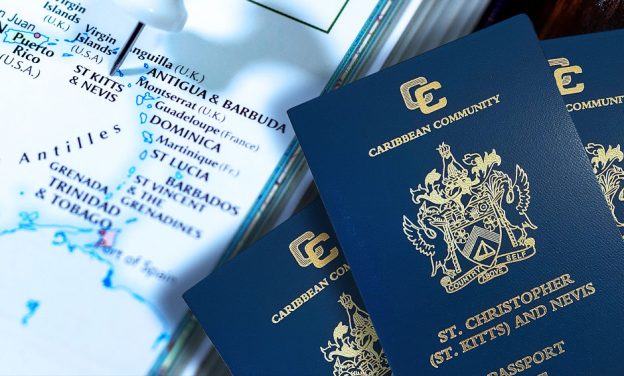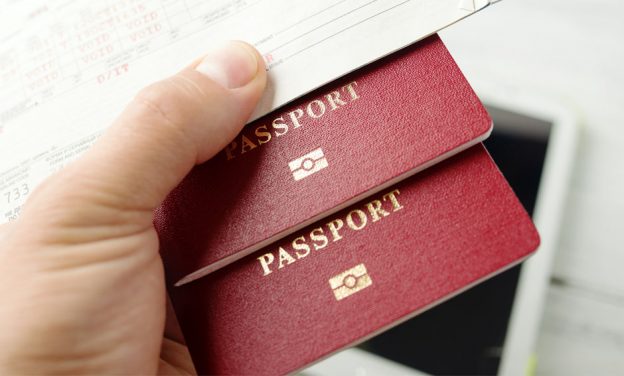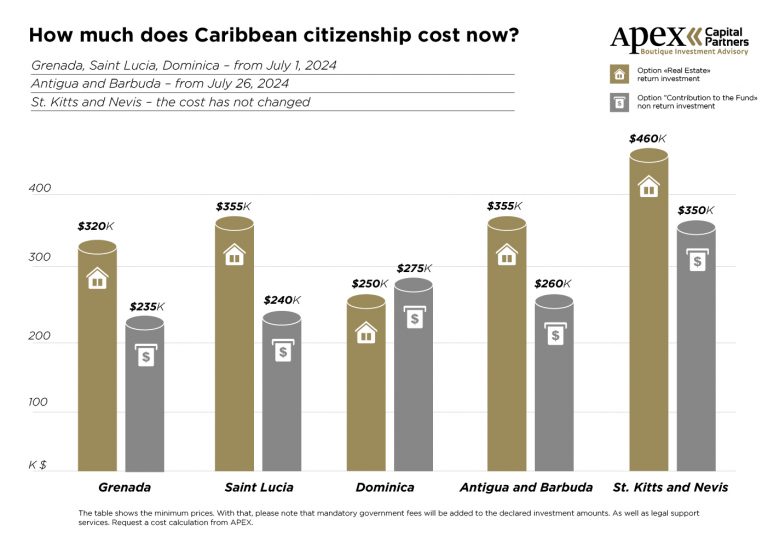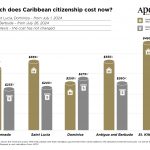At the end of June 2023, the EU set new guidelines to improve Citizenship by Investment programs. First of all, the attention of European officials was directed to Caribbean citizenship. After all, if the key advantage of the program is visa-free entry into the Schengen area, then Europe can, threatening restrictions, demand the introduction of new rules.
In the same month, the UK has already withdrawn visa-free entry to citizens of Dominica and Vanuatu without any warning. Despite the fact that these countries are part of the Commonwealth of Nations. In the current situation, it is expected that the founding countries of the Caribbean citizenship programs will take seriously the new requirements from the EU.
So, here are the principles that should be adopted by the founding countries of citizenship by investment programs to ensure increased security for the EU and its citizens.
The directives are as follows: ·
- Reliable due diligence of investors and their family members should be carried out by firms based in leading countries such as the EU, US and UK.
- Introduction of mandatory interviews with all applicants for citizenship. These interviews can be conducted through a trusted online digital platform or in person (if possible).
- Passports that applicants must receive after approval should not be sent by mail.
- The investment amount must be increased to $200,000 (minimum) for a single applicant under the donation option and $400,000 (minimum) for real estate investment options.
- Investments should go directly to the states implementing the programs, and not through intermediaries in other countries. Countries offering citizenship by investment programs must strictly control the flow of funds and check it for money laundering processes.
- All promotional materials about citizenship and passports must not contain information about the benefits of visa-free access to the European Union or another visa-free country. This principle asks the countries to shift their focus from just investing in alternative citizenship for the mere advantage of global mobility.
The first country to agree to accept EU regulations was the Federation of Saint Kitts and Nevis.
The country is a pioneer in providing Caribbean citizenship by investment. The press release announced that St. Kitts is increasing the cost of the citizenship program and introducing new rules.
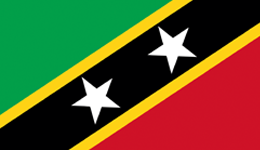
Caribbean citizenship in the new version. St. Kitts and Nevis
— Now the contribution to the State Fund: one applicant – $ 250,000; applicant with spouse – $300,000; family up to 4 people – $350,000. — Investments in real estate (from the list of state-authorized projects) have been doubled and now amount to $400,000. It takes 7 years to save real estate.
— Purchase of a private house in St. Kitts and Nevis with an estimated cost of $800,000 (was $400,000). — The minimum contribution to approved social projects has been increased to $250,000. In addition, a mandatory interview of the applicant (online or in person) is introduced. It will be possible to go through the procedure both with CIU officials on the islands and with authorized independent companies representing the program.
— The passport will need to be obtained in person at St. Kitts or at a diplomatic mission abroad.
And also, as we see on the official Web page, there will no longer be any Accelerated Procedure Option available. Within 120 days of acknowledgment from the Citizenship by Investment Unit (CIU) of submission of a CBI application, the CIU will advise whether an application is: approved-in-principle; denied; or delayed for cause and is still being processed.
Next, we expect what statements will be made by other founding countries of Caribbean citizenship programs.

